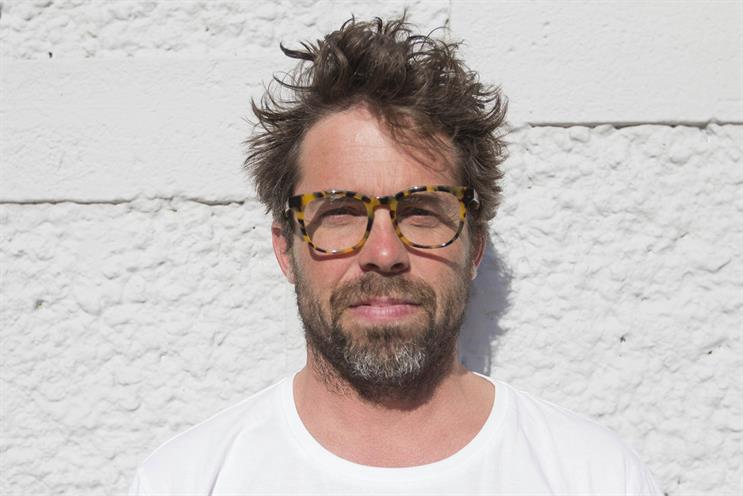The science is clear. We have only a handful of years to counteract the damage we've caused to our home planet. This means governments, organisations – including brands – and individuals acting with boldness and tenacity to find solutions.
These are tasks of unimagined magnitude, and require complete business transformation. While the financial markets are today demonstrating that "business as usual" isn't even a medium-term solution, enacting this kind of change takes courage.
For brand marketers, it can mean unlearning everything we thought we knew about "giving the customer what they want" and responding to the wants and desires of a specific target audience. Instead, it means having the difficult conversations – even when others are afraid to join you.
For example, when I joined Patagonia five years ago, we launched our first global environmental campaign around a European issue: Blue Heart. This was the fight to save the last wild rivers of Europe, in the Balkan Peninsula, from the threat of more than 3,400 proposed hydropower projects.
The campaign entailed educating our core sports communities – including climbers, surfers, fly-fishers – on complex issues that were tangentially connected to their passion. However, even among the environmentally engaged, we found that many people consider hydropower to be clean and green (which, irrefutably, it is not).
We have come a long way in those five years. Today we are still deeply engaged in the fight to protect these unique ecosystems. And more brands are looking to Patagonia for guidance.
For our team, that is a great thing to hear but simply paying lip service or, even worse, greenwashing communications is not going to save our home planet. Instead, it's imperative that we use all our creative firepower to bring about legitimate change inside our own organisations and inspire others to follow suit.
The fact that Patagonia is successful as a business proves that consumer behaviour is already changing. However, our mission to save the home planet cannot be achieved by simply acknowledging the existential climate crisis. As storytellers, we need to be doing more.
Too often, however, business leaders lean on their marketing teams to come up with campaigns to showcase their "commitment" to the cause. That's not the way we do it at Patagonia. Why? Because it's complete BS.
Our role as marketers isn't simply to say what we think our customers want to hear, but instead to put words into action, and showcase our efforts through positive storytelling that we hope will inspire our communities to act.
Across the Patagonia business we do this in many ways. For example, we don't have one CSR department that takes responsibility for this work. It's there in the job descriptions of everyone within the company. So we are all empowered to take extra steps.
And we recognise outdoor, silent sports as a powerful tool through which to achieve this. For example, we recently launched a short film called "Vanishing lines", which focuses on wilderness protection and our human drive to develop, while destroying the very thing that gave us the joy in the first place: nature.
At our heart, we are an outdoor sports apparel brand. But by connecting this love of wild places with the urge to protect them, our community relationships are transformed from basic brand partnerships into vessels for social and environmental action.
Patagonia has taken this approach since its inception and continues to push the boundaries – including through our 1% for the planet programme, which commits 1% of Patagonia's net revenues to grassroots environmental organisations annually. Or Patagonia Action Works, which connects people with more than 1,000 of these groups to volunteer or support them financially.
And we were heartened to see our efforts recognised in the first Laureus Sport For Good Index launched late last year, which placed Patagonia among the most socially and ecologically focused companies on the planet leveraging sport to push boundaries.
Although change is happening, we cannot move fast enough. Neither brands nor the participants and purveyors of sports themselves can afford complacency.
As storytellers, we must not only tell our commercial tales, but amplify the voices and truths of others. Business as usual is dead and the challenges we encounter tomorrow are going to be drastically different from those we struggle with today. But we are creative minds; we are the storytellers. And it is up to us what stories we will continue to tell.
Jelle Mul is senior marketing manager for EMEA at Patagonia


